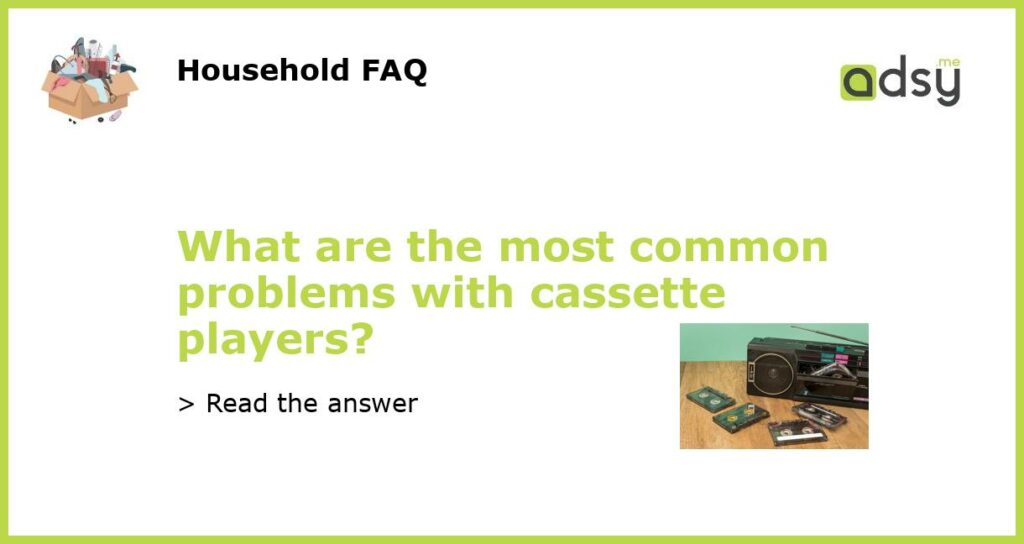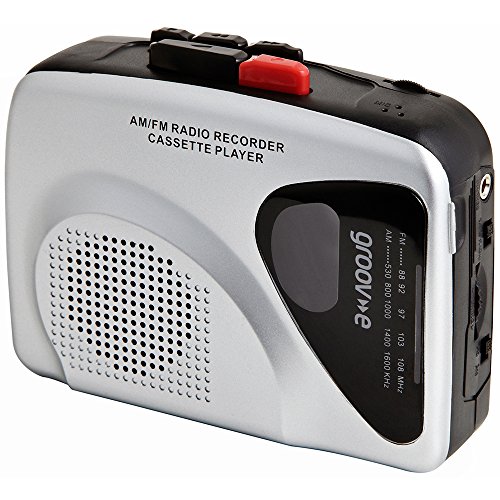Headline: Introduction
Cassette players were once ubiquitous in homes and cars around the world. But as technology advanced and newer formats emerged, the cassette player became a thing of the past. However, for those who still own and use cassette players, there are a few common problems that can arise.
Headline: Worn-out Belts
One of the most common problems with cassette players is worn-out belts. The belts inside cassette players are made of rubber and over time and use, they can become brittle and break. When this happens, the cassette player will stop playing or won’t play at all. The good news is that replacing the belt is a relatively simple fix and can often be done at home with the right tools.
Headline: Dirty Heads
Another common problem with cassette players is dirty heads. The heads are the small metal parts inside the cassette player that come into contact with the cassette tape to read and play the music. Over time, the heads can become dirty or clogged with debris, which can cause the sound quality to deteriorate or the player to stop working altogether.
Headline: Jammed Mechanisms
Cassette players have many moving parts, and over time, these parts can become worn or damaged. One of the most common issues is a jammed mechanism, where the player gets stuck and won’t play or eject the cassette tape. This can be caused by anything from a broken gear to a loose spring, and can often require professional repair.
Headline: Deteriorating Sound Quality
Finally, cassette players are known for their warm, analog sound. But as the player and cassette tapes age, the sound quality can deteriorate. This can be caused by anything from dirty heads to magnetic tape degradation, and can lead to a loss of fidelity or even a loss of sound altogether. Regular maintenance and cleaning can help prolong the life of a cassette player and keep the sound quality as high as possible.






